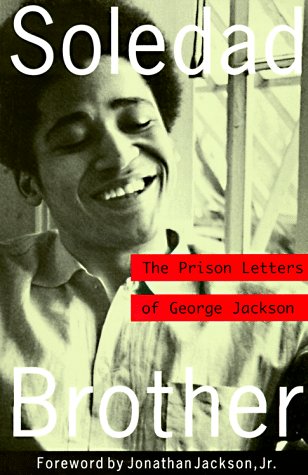What are you doing for Black August?
The month of August has been the seat of many important events in the history of African people, particularly people of African descent in America. Black August was founded in memory of the late great George Jackson and the fallen in the rebellion at San Quentin prison. The month is one of reading, reflection, and revolution with an emphasis on understanding Black freedom fighters. I first learned of Black August through the Black August Hip Hop Project which is produced by the NYC chapter of the Malcolm X Grassroots Movement (more on that next week). I started nodding my head to the Hip-Hop and moved to nodding my head to the political thought of our political prisoners and freedom fighters.

For me, Black August represents a time when Black folks can think deeply about our communities’ unsung heroes. Not too long ago I wrote about Black leaders and liberation and that post came in part because I feel that people of African descent in America are given too little information on folks born and bred in our neighborhoods and instead look solely outside of our communities for revolutionary guidance. While I find nothing wrong with reading the work and teaching of great revolutionaries across the globe (as our greatest have also done), there is value in knowing deeply that your people have been instrumental to revolutionary thought as others have. Years ago, I wrote a piece or spoke somewhere on Africans and revolution to which someone wrote me and basically said, “If Black people are so great, why do they not have their own theories? Why do they always have to steal from Europeans, Latinos, and Asians?” The question caught me off guard, but upon deeper reflection, I remembered our people didn’t simply parrot the theories of others but added nuance, complexity and even diverged from previous revolutionary thinkers. This is missed if you don’t study the works of folks Marcus Garvey, Assata Shakur, George Jackson, Fred Hampton, Elaine Brown, Angela Davis, to name but a few. The reality is all too often we skim these giants and miss the depth with which they each grappled with struggle. In fact, their grappling with struggle in theoretical and practical terms make them beautifully human and provide opportunities and openings for us to improve on this struggle. I have been taking the month to re-familiarize myself with Assata Shakur, George Jackson and Elaine Brown because I want to make sure we do not recreate the same egregious errors around gender and sexuality in our continuation of the Black freedom struggle.
I recognize that not all of us will take the remainder of the month to dig into texts and speeches, but there are still important ways to make Black August meaningful. One of the greatest contributions in the last 40 years to Black struggle and liberation has been the movement against the prison industrial complex. As Jackson wrote about those incarcerated,
“They have become aware that their only hope lies in resistance. They have learned that resistance is actually possible. The holds are beginning to slip away. Very few men imprisoned for economic crimes or even crimes of passion against the oppressor feel that they are really guilty. Most of today’s black convicts have come to understand that they are they most abused victims of an unrighteous order.”
You don’t have to be one outside protesting prison and fighting for prisoners rights to continue to contribute to the struggle of Black liberation. A smaller yet important step could be to reach out to someone behind bars with a kind or inspirational word. All too often I think the value of communication is forgotten. There are many locked up brothers and sisters who could use a word of support and love, it takes a few minutes, but can brighten a month. Whichever way you spend your Black August may it be in the spirit of our ancestors and fighting with love for the future of Black folks.
Filed under: Activism, Ancestors, Food for Thought, General, Grassroots, Prison


